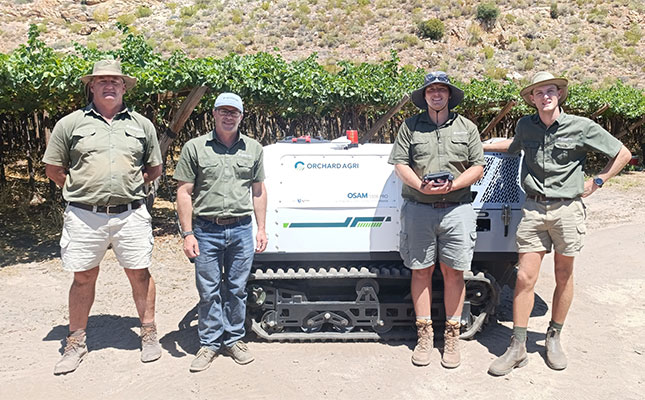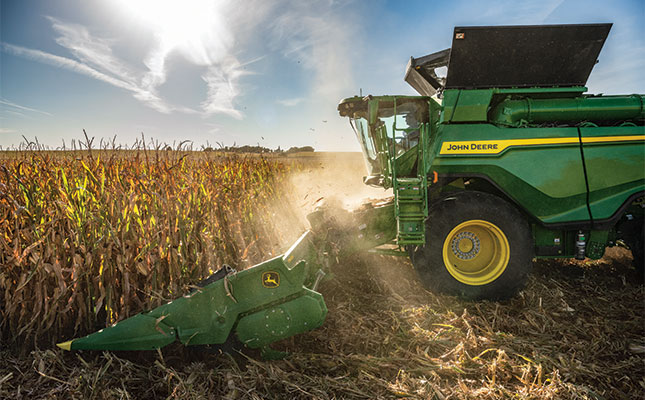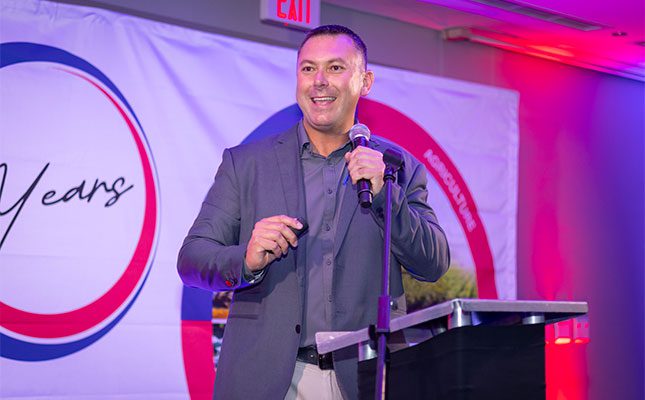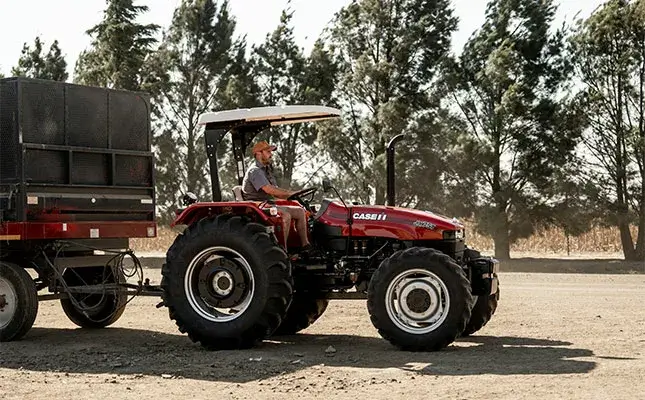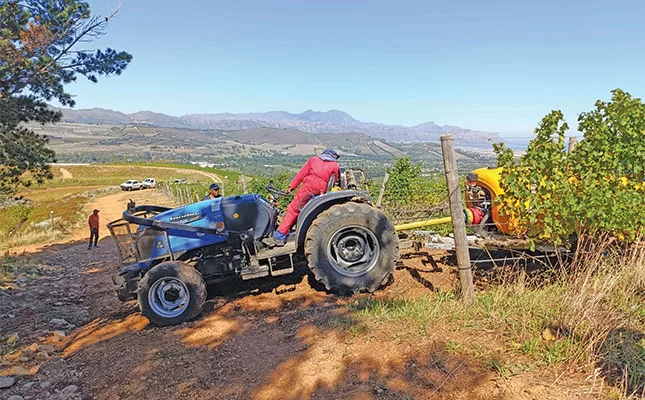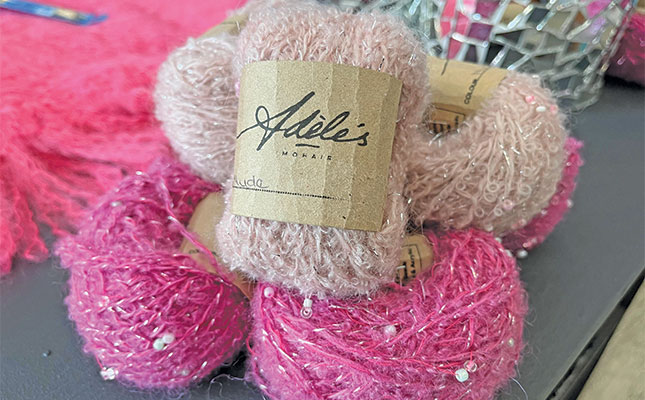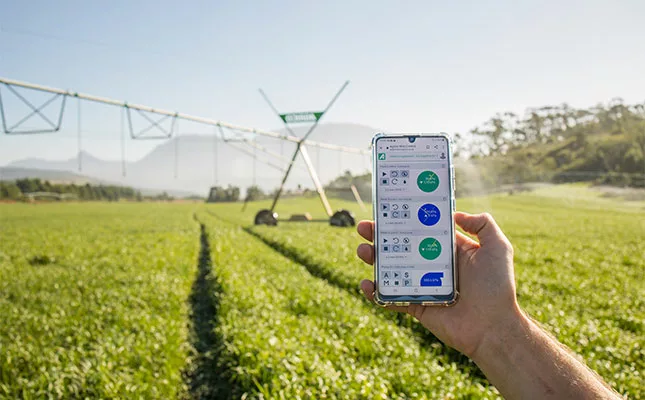
For PE Loubser Boerdery, situated just outside Durbanville in the Western Cape, advanced irrigation technology from Agrico has become the key to farming success, ensuring that production continues, even when climate conditions fluctuate.
The Loubser family has been rooted in the Koeberg area since 1875. Today, Eduard Loubser works alongside his father, Pieter, as part of Fair Cape Dairies, whose products are enjoyed across South Africa.
Smart irrigation
In partnership with Agrico, the farm has installed 11 pivots across 300ha. These pivots, supported by smart control systems, deliver efficient irrigation tailored to the farm’s needs.
For Eduard, who has been farming for 11 years, managing irrigation is remarkably simple.
Using Agrico Web Control, he can control each pivot directly from his smartphone, adjusting pressure requirements in real time, anywhere, anytime. “It’s as easy as 1, 2, 3,” he says.
According to Johan Myburgh, Agrico’s head mechanical engineer, this technology is valued by both younger and older farmers. It is especially effective on uneven terrain, where pressure requirements vary. In such cases, motors and pumps automatically adjust as the towers move across the field, ensuring efficient water use without wasting energy.
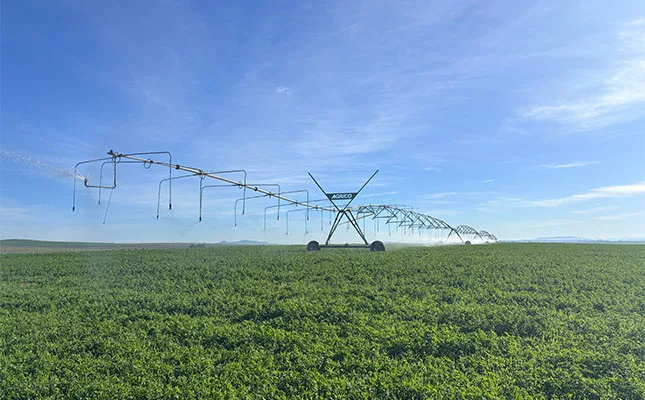
Consistent production
“Since installing the pivots, we’ve been producing between 2 000t and 2 500t of lucerne annually, all of which is used to feed our dairy herd,” says Eduard.
The farm also produces around 10 000t of silage maize under irrigation every year. This means no outside feed purchases are necessary.
“It supports our feed programme and strengthens the farm’s cash flow,” Eduard adds.
A carefully managed rotation system ensures the production of high-quality lucerne and grain crops. Lucerne produced on the farm boasts a protein content of around 25%, leading locals to nickname it “a bank of lucerne concentrate”.
On their 300ha, the Loubsers have planted 150ha to grains and 150ha to lucerne. Lucerne remains established for three years, after which grains are rotated in.
The grain cycle includes two years of winter wheat followed by summer maize. The wheat serves as a cash crop supplied to Sasko, and maize is harvested for silage. After this, lucerne is re-established, and the cycle repeats.
Harnessing grey water for sustainability
Another unique advantage is the farm’s long-standing agreement with the City of Cape Town to use grey water from the Fisantekraal wastewater treatment plant. Built between 2008 and 2010, the plant provides a sustainable water source for the farm.
“This agreement dates back almost 20 years, when the municipality approached us about using the plant’s grey water, since we farm right next to it and the water couldn’t be discharged into the Mosselbank River,” Eduard explains.
This supply has enabled the Loubser family to expand their irrigation network to its current scale. As Cape Town grows, so too does the volume of grey water becoming available.
To make full use of this resource, the farm built a storage dam (approved through all the necessary processes) capable of holding up to one million cubic metres of water, ensuring irrigation security through the dry summer months.
To learn more about how automation and remote control can improve your farming operations, phone Agrico on 021 950 4111 or email [email protected].
Get trusted farming news from Farmers Weekly in Google Top Stories.
➕ Add Farmers Weekly to Google ✔ Takes 10 seconds · ✔ Remove anytime
